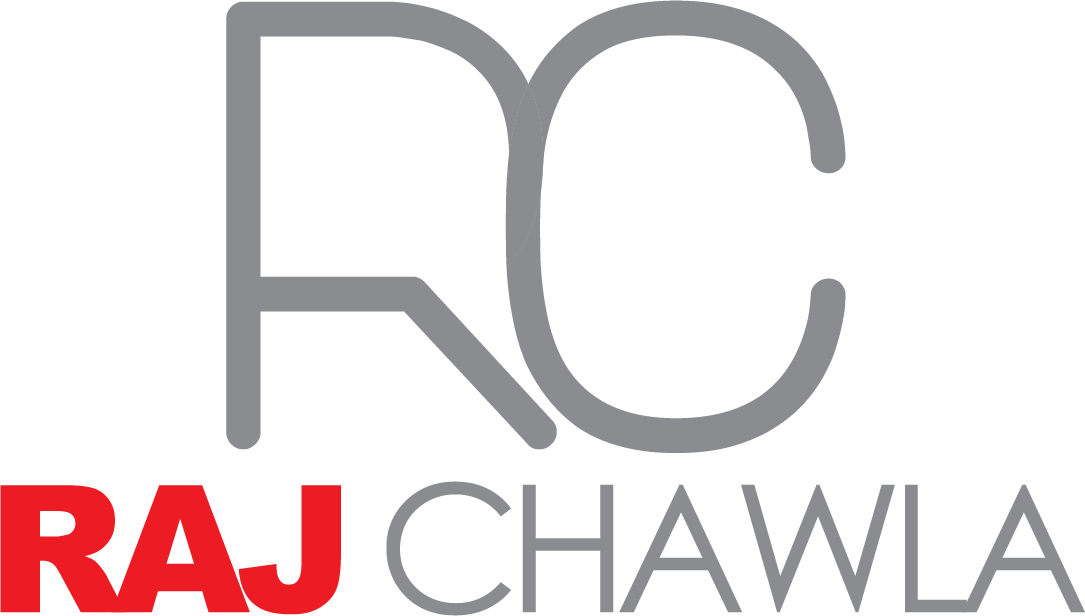Government emphasises spending to bolster economic recovery underway. IN BRIEF $106.6 billion deficit with net debt...
Read MoreWith a few decades under your belt and a few solid life lessons learnt, your forties can be a pivotal decade when it comes to your finances. And while habits developed in your twenties and thirties may have helped you achieve your targets to date, your forties are a great time to get yourself on the path to achieve some big financial goals.
Here are some potential money mistakes to avoid in your forties; whether you have teenage kids, young ones, a growing family or no kids at all, we’ll give you some pointers to think about.
It can be tempting to overspend by striving to keep up when others around you are spending big on houses, holidays and luxury items. However, this is rarely wise. Be especially careful of overspending on your house or car and make sure you don’t accumulate more liabilities than you can afford. It’s also important to avoid falling into the trap of overspending as you earn more by using increased cash flow wisely.
By reviewing and resetting your budget, tracking your spending, taking care of credit card debt, boosting your credit rating, setting savings goals and understanding your financial options you can prevent yourself from overspending.
If you’re a home owner, your forties can be a great time to clear away a lot of your home loan. It can be easy to fall into old habits that may have started in your twenties or thirties. So if you entered the property market making minimum or interest-only payments because it was all you could afford at the time, try to break the habit by using any extra cash flow to step up your repayments. That is, unless you are deliberately making minimum payments as part of a negative gearing strategy.
Similarly, be aware of overextending yourself by treating your mortgage offset account or redraw facility like and ATM. Borrowing from the equity in your home loan or withdrawing extra cash from your offset account to fund an overseas holiday isn’t generally a smart idea.
Paying off as much as you can afford during your forties could help you own your home sooner, while saving money on the cost of the loan.
Despite being critical to our retirement plans, it is an aspect of our finances that doesn’t always get the attention it deserves. If your super balance isn’t looking as healthy as you’d like, and you’re counting on the pension to finance your retirement, you may be in for a shock. According to the Department of Human Services, the maximum single pension you can receive per fortnight is $907.60. While that might stretch far enough to cover basic living expenses like groceries and electricity, it’s not likely to cover those relaxing trips abroad you’ve been fantasising about.
Have more than one super account? You might consider rolling them over into one to potentially reduce fees. You may also want to consider salary sacrificing additional pre-tax contributions, on top of your employer’s mandatory 9.5% superannuation guarantee contribution. Depending on your circumstances, another option is to make after-tax contributions to help build your super and potentially attract government co-contributions, if you’re eligible.
If you’re a parent, your forties can be a great time to accelerate savings plans for funding your children’s high school or tertiary education. If you can afford to fund your child’s study and give them a head start, that’s great. But be careful of putting their education before your own retirement plans. If you don’t make plans for your retirement now, it can be harder to catch up later. In terms of budgeting, it’s a good idea to work out how much you’ll likely need when you retire and calculate your budget and any inclusions you’d like to make.
It might not be pleasant to think about, but taking the time to get your will in order now can make your passing much less stressful for your family.
It’s never fun to think about what might happen after you die, but avoiding it isn’t a great idea either, particularly if you have children to care for, spouses to support or considerable assets amassed. One of the most important steps in planning for the only certainty in life is to make sure you have a valid will in place. Without one, your assets may not be distributed as you had hoped, yet it is estimated that half of all Australians die without having a will in place. It’s also worthwhile considering the pros and cons of trusts, which can be a great way to protect your assets.
Government emphasises spending to bolster economic recovery underway. IN BRIEF $106.6 billion deficit with net debt...
Read MoreRegardless of how far off retirement is for you, it could be beneficial to regularly check...
Read MoreThe amount of superannuation you should have is a culmination of the contributions made into your...
Read More